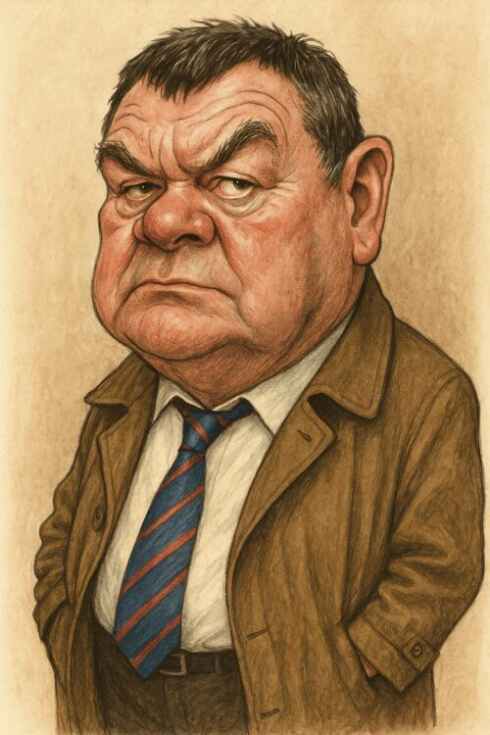Warren Clarke
Warren Clarke specialized in men who were more than they seemed. Whether as “Dalziel and Pascoe’s” politically incorrect Andy Dalziel or “A Clockwork Orange’s” dim Droog, he brought unexpected depth to seemingly blunt characters.
Clarke’s genius was his comic timing. His Dalziel could deliver a put-down that left you laughing even as it eviscerated its target. Yet when the script demanded pathos – as in Dalziel’s heartbreaking speech about his late wife – he could gut you with a glance.
His untimely death in 2014 robbed British tv of one of its most distinctive voices. Like Dalziel’s beloved real ale, Clarke’s performances improved with age – complex, full-bodied, and impossible to replicate.
